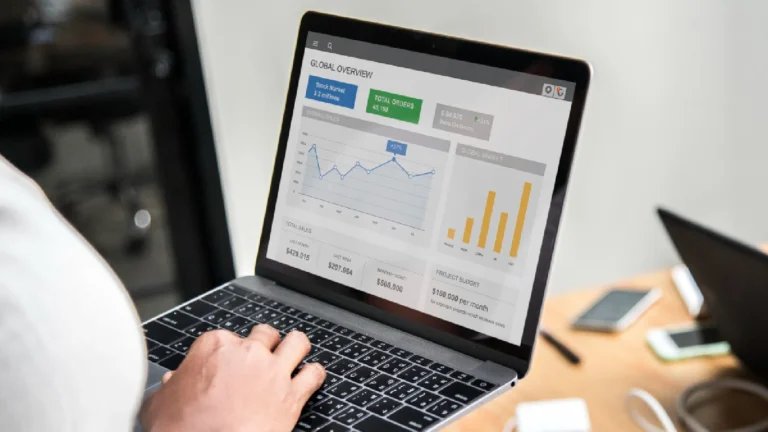Understanding the Power of Yellow Pages in SEO
The Yellow Pages have long served as a cornerstone for local business visibility. Originally launched as a print directory, these listings were indispensable for consumers seeking local services. With the advent of the digital age, Yellow Pages have evolved into powerful online platforms that catalyze local search engine optimization (SEO). By understanding their role in the digital landscape, businesses can harness these listings to enhance their local search presence effectively.
Yellow Pages are pivotal in local SEO because they provide a structured, authoritative database that search engines trust. When a business is listed in the Yellow Pages, it gains immediate legitimacy and visibility in local search results. For small and medium-sized enterprises (SMEs), this increased visibility can lead to significant traffic and customer acquisition.
Getting listed in the Yellow Pages is relatively straightforward. It begins with submitting your business information—properly and completely. The consistency of your NAP (Name, Address, Phone number) data is crucial. Any discrepancies in this fundamental information can confuse search engines, negatively impacting your local SEO. Once listed, enhancing your profile with relevant keywords and comprehensive descriptions can further boost your visibility. Encouraging customer reviews also plays a critical role; positive feedback on these platforms not only influences potential customers but also signals to search engines that your business is credible and popular.
Moreover, backlinks from Yellow Pages can significantly bolster your domain authority. These high-quality, authoritative backlinks serve as endorsements from reputable sources, enhancing your overall SEO strategy. A robust backlink profile is instrumental in improving your site’s ranking in search engine results pages (SERPs). Leveraging this aspect can provide a competitive edge in the digital marketplace.
In essence, effectively utilizing Yellow Pages can serve as a powerful tool in your local SEO arsenal. By optimizing your business listing, ensuring NAP consistency, incorporating relevant keywords, and earning customer reviews, you can enhance your search engine rankings and drive valuable local traffic to your website.
Effective Backlinking Strategies for Enhanced SEO Performance
Backlinking is a cornerstone of effective SEO, crucial for improving a website’s search engine ranking. By securing backlinks from high-authority sites, you can significantly boost your site’s credibility and visibility. High-quality backlinks act as endorsements, signaling to search engines that your content is valuable and trustworthy.
One of the most effective strategies for acquiring high-quality backlinks is through guest posting. By contributing articles to reputable websites within your industry, you can establish your authority and gain exposure to a broader audience. Additionally, these guest posts often include a link back to your site, providing a quality backlink.
Content partnerships are another viable strategy. Collaborating with other businesses or content creators can lead to mutual beneficial opportunities. For instance, co-authoring extensive guides or conducting joint webinars can result in both parties gaining valuable backlinks.
Leveraging industry influencers can also amplify your backlinking efforts. Influencers have a loyal following and can provide powerful endorsements through blogs, social media, and shout-outs, all of which can include backlinks to your site. Engaging with influencers in your niche through interviews, podcast appearances, or product reviews can thus drive both traffic and quality backlinks.
Local citations and directories, such as Yellow Pages, play a significant role in creating valuable backlinks. Submitting your business information to these directories not only improves your local SEO but also ensures that search engines recognize your site’s relevance within your geographical area. This can be particularly beneficial for local businesses looking to tap into regional markets.
However, it’s essential to avoid common pitfalls, such as acquiring spammy or low-quality links. These can harm your SEO more than help. Equally important is maintaining a diverse backlink profile that includes links from various trusted sources rather than relying heavily on a single type.
Finally, tracking and measuring the effectiveness of your backlinking efforts is critical. Using SEO tools like Google Analytics, Ahrefs, or SEMrush can provide insights into which backlinks are driving traffic and improving your rankings. Monitoring these metrics helps refine strategies, ensuring that your backlinking efforts yield optimal SEO performance.



